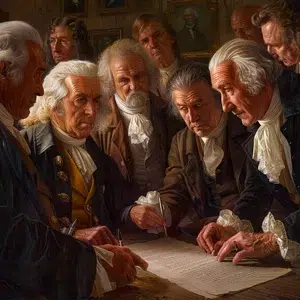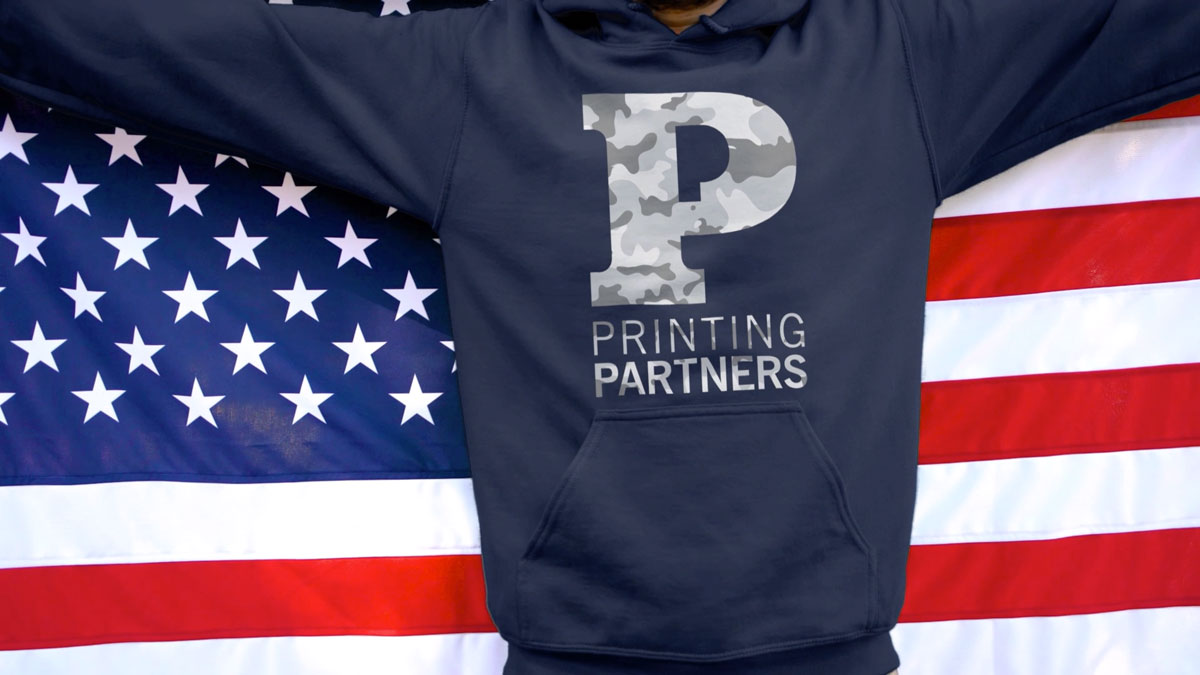Honoring Our Founding Fathers
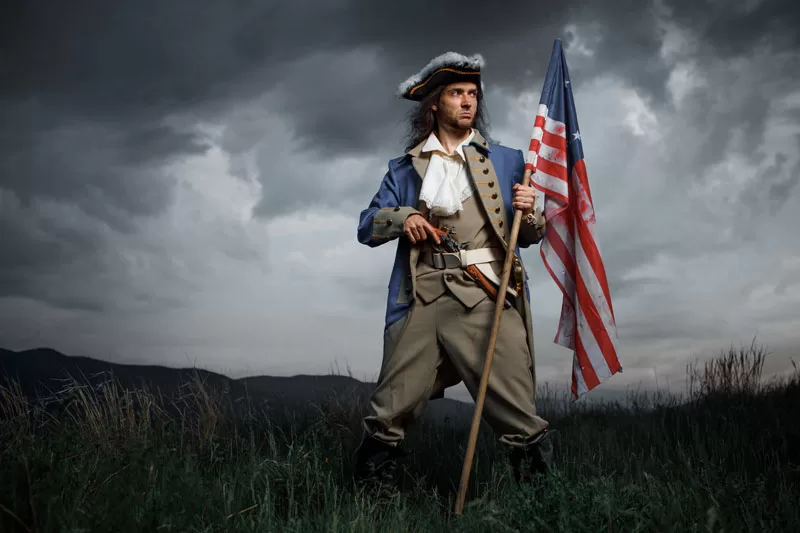
On this day, we remember and honor those fearless Founding Fathers, the architects of our nation's birth, who, on July 4th, 1776, stepped forward to sign the Declaration of Independence, fully aware that their defiant act was, in essence, signing a potential death warrant. They risked their lives, their fortunes, and their sacred honor, not for personal glory, but for a vision of a future they deeply believed in - a future of a free and independent America.
These were not ordinary men, but true titans of courage and conviction. They were the embodiment of a unique brand of bravery - a willingness to lay everything on the line, including their lives, for the promise of freedom. From the thriving heart of Philadelphia to the smallest hamlets of the colonies, they ignited a flame of revolution that would illuminate the path of history.
Revolutionary Courage:
The Founding Fathers and the Risks They Took for American Independence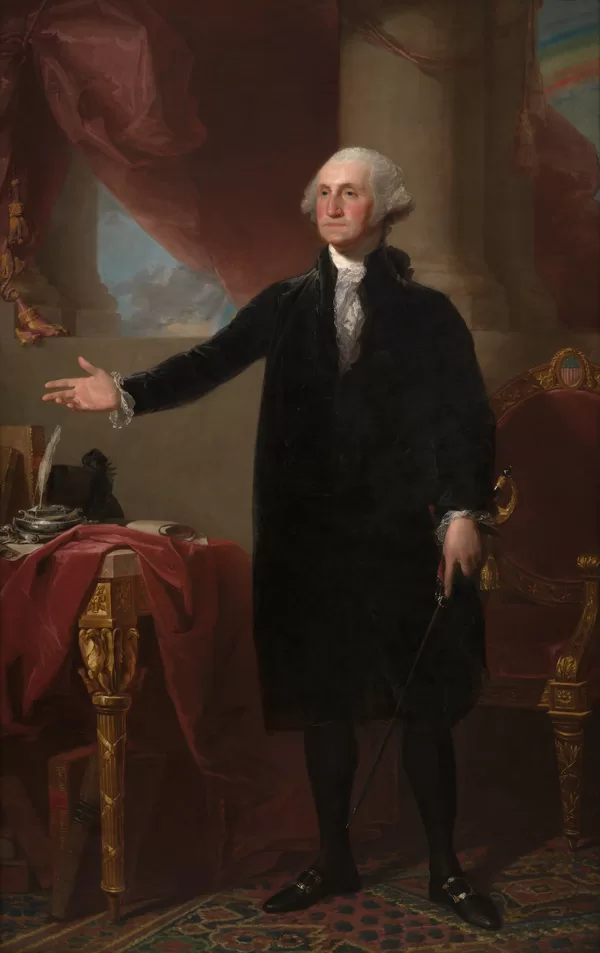
George Washington
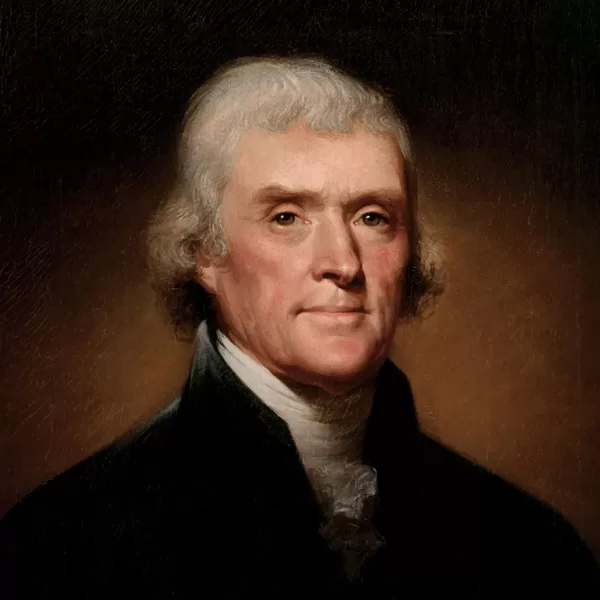
Thomas Jefferson
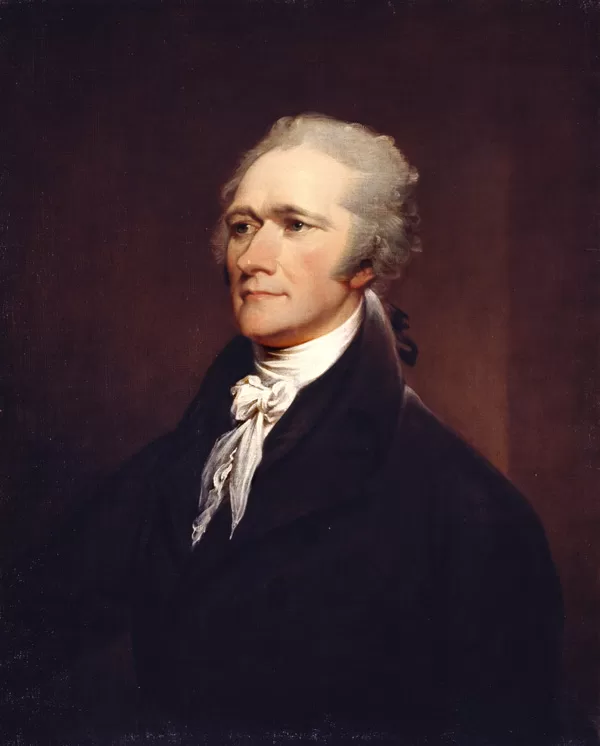
Alexander Hamilton
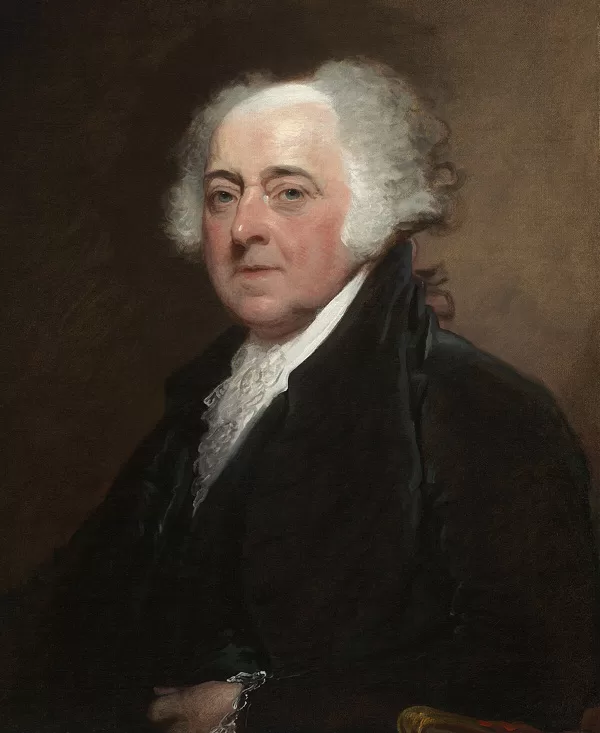
John Adams
As a diplomat during the Revolutionary War, faced several specific dangers while in Europe. He was tasked with securing financial and military support for the American cause, which often meant dealing with hostile governments. This was a perilous task, as he was essentially asking foreign powers to support a rebellion against the British Empire, one of the world's most powerful nations at the time.
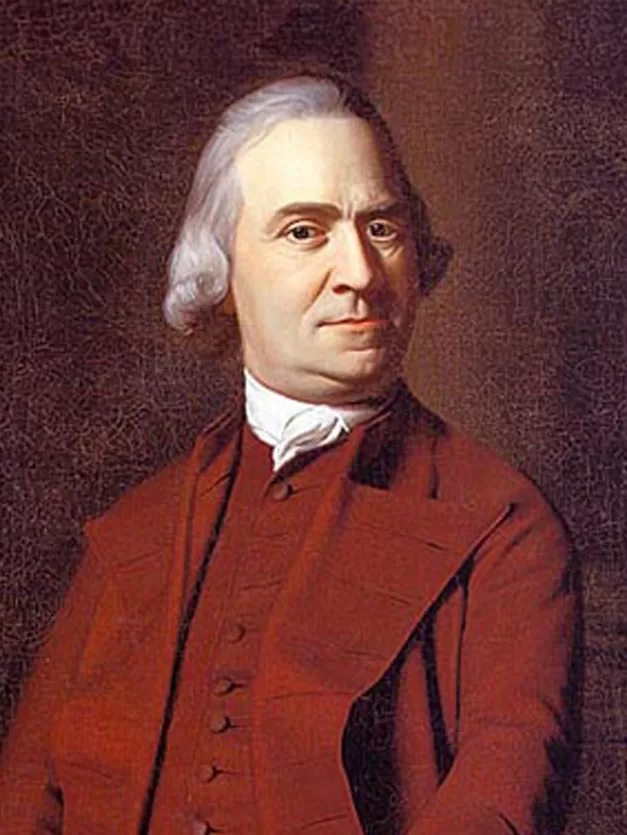
Sam Adams

John Hart

Thomas Nelson Jr.

Robert Morris

Richard Stockton
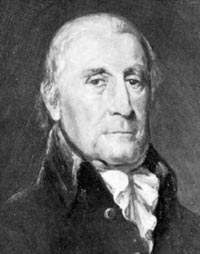
Francis Lewis
In Gratitude We Remember
As we celebrate our nation's independence today, let's honor these extraordinary patriots, these heroes who stood tall against the might of an empire. Let's remember the sacrifices they made, the adversities they overcame, and the timeless principles they fought so valiantly to uphold.
So, as we bask in the glow of the fireworks lighting up our night sky, let us remember these words etched into our history by these audacious architects of freedom: "We hold these truths to be self-evident, that all men are created equal, that they are endowed by their Creator with certain unalienable Rights, that among these are Life, Liberty and the pursuit of Happiness."
Welcome to our celebration of America's birth and a tribute to the audacious heroes who risked it all to make it possible. Join us in this journey of remembrance and gratitude, as we honor the lives and sacrifices of these bold revolutionaries. Today and every day, let's remember, let's give thanks, for we are Americans, and we are free because they dared to be bold.
